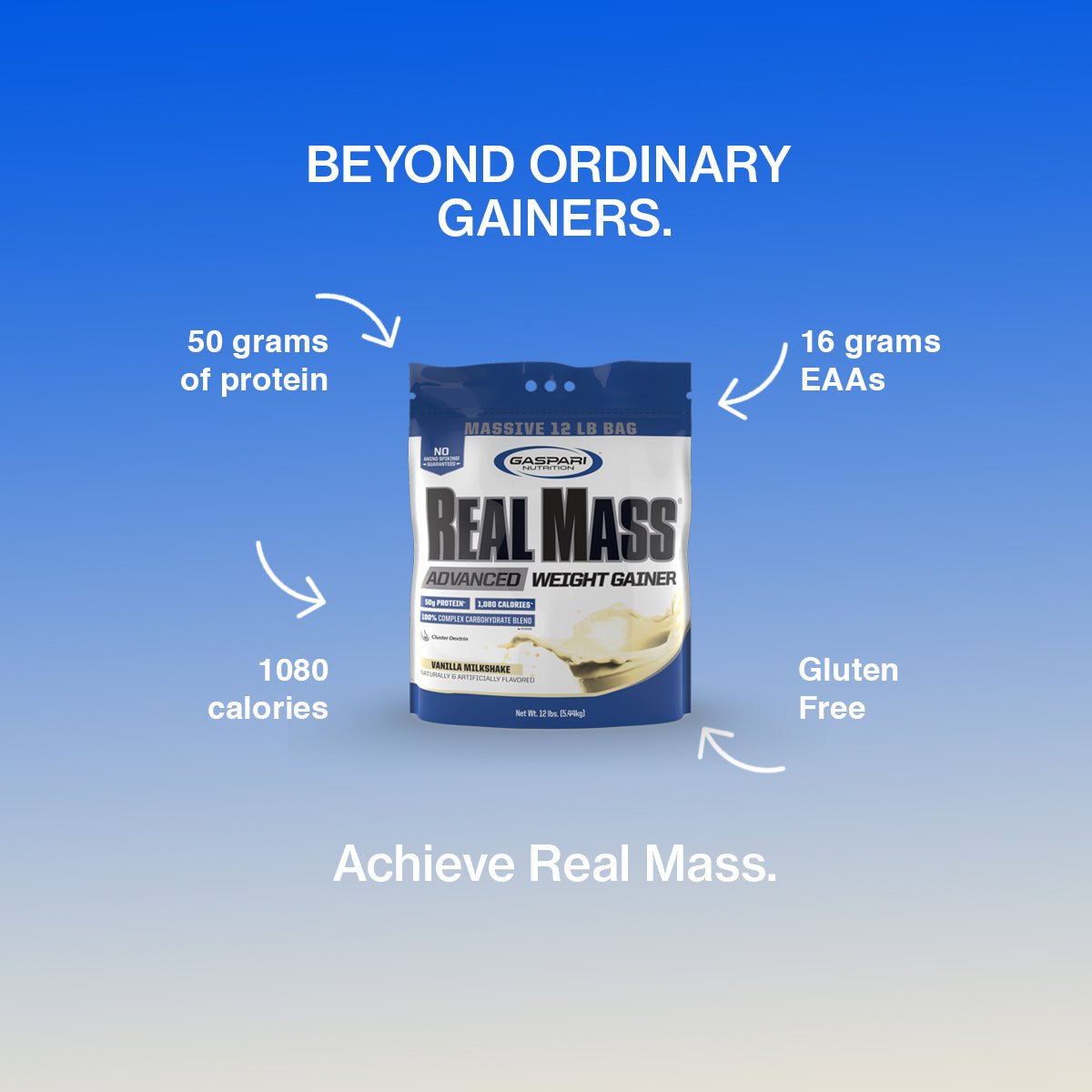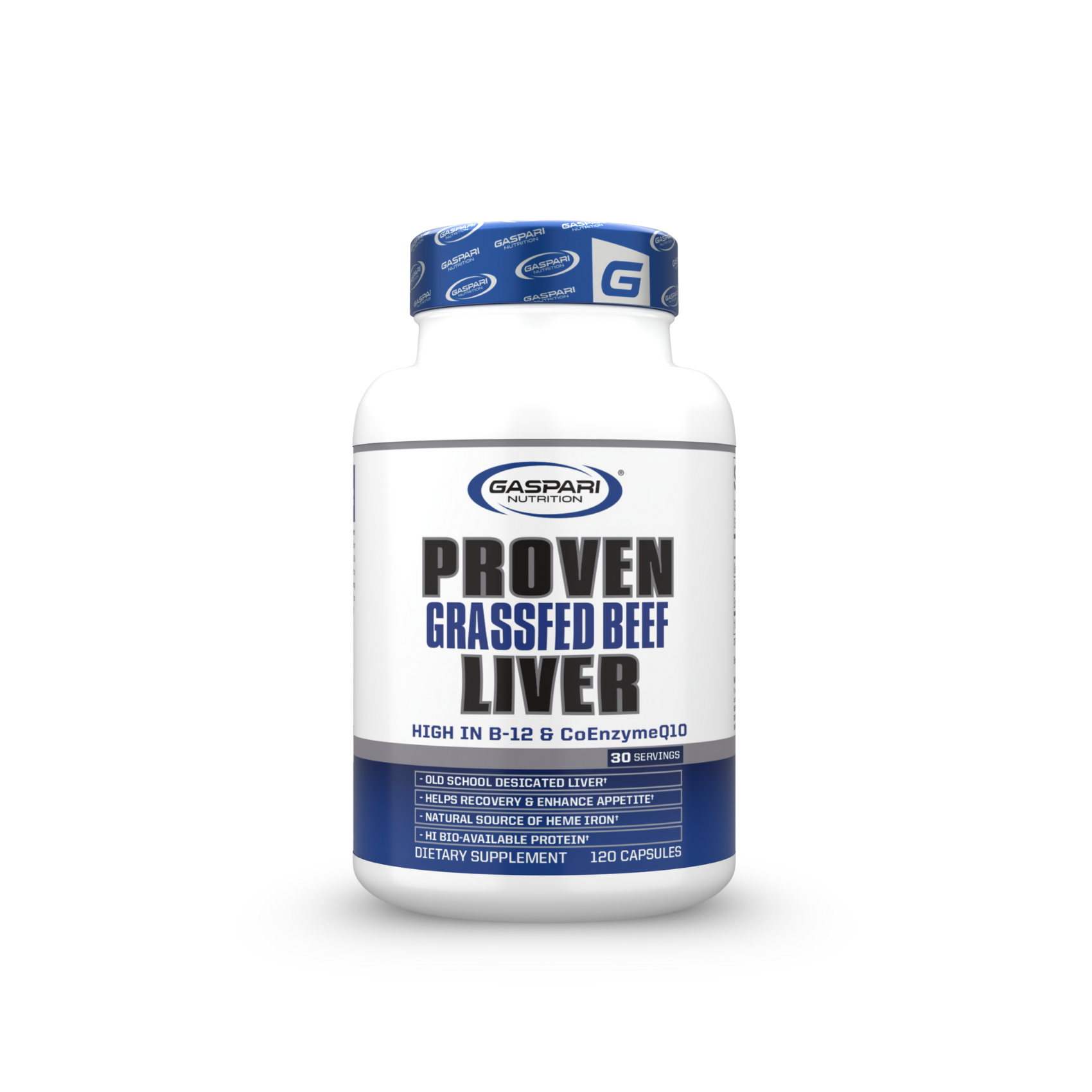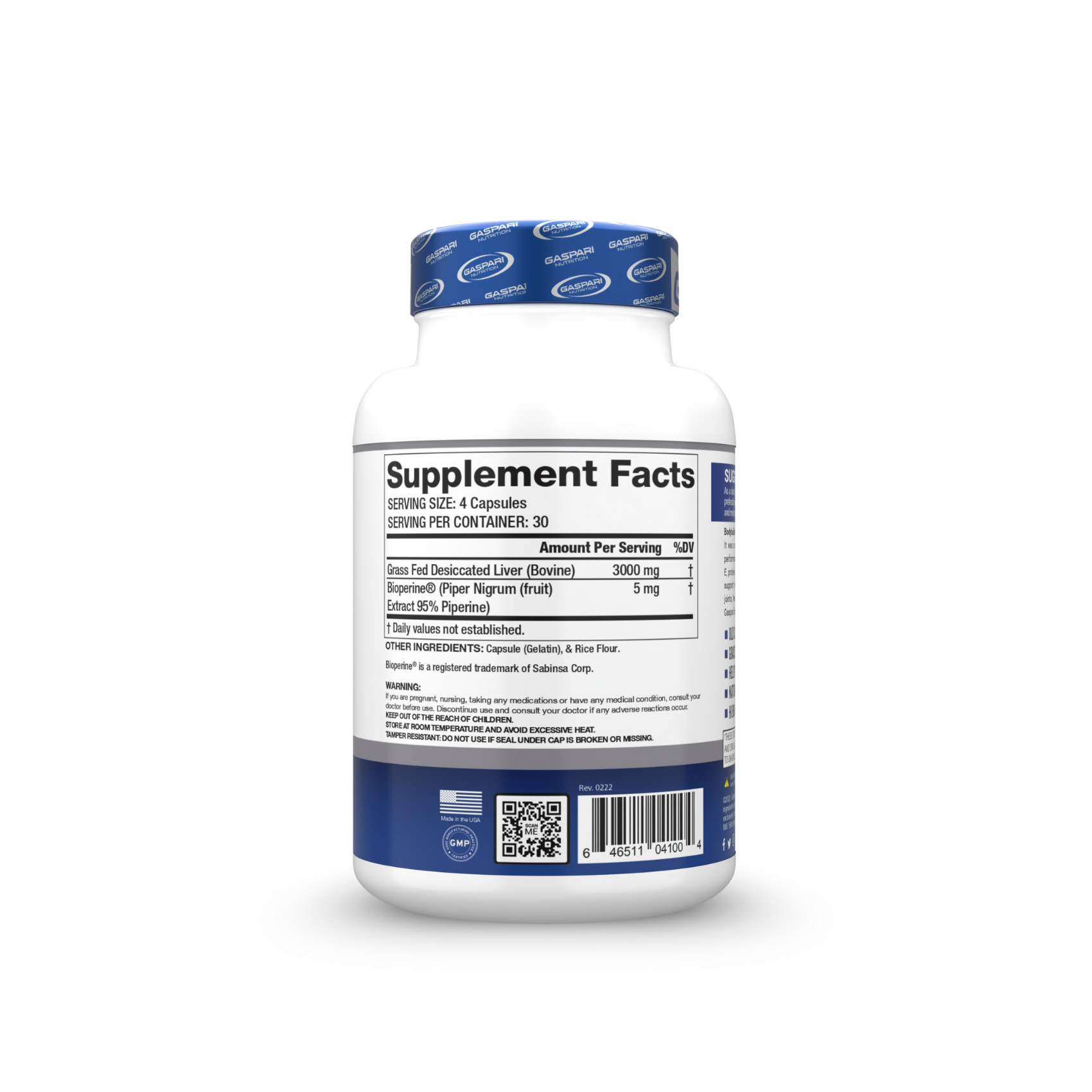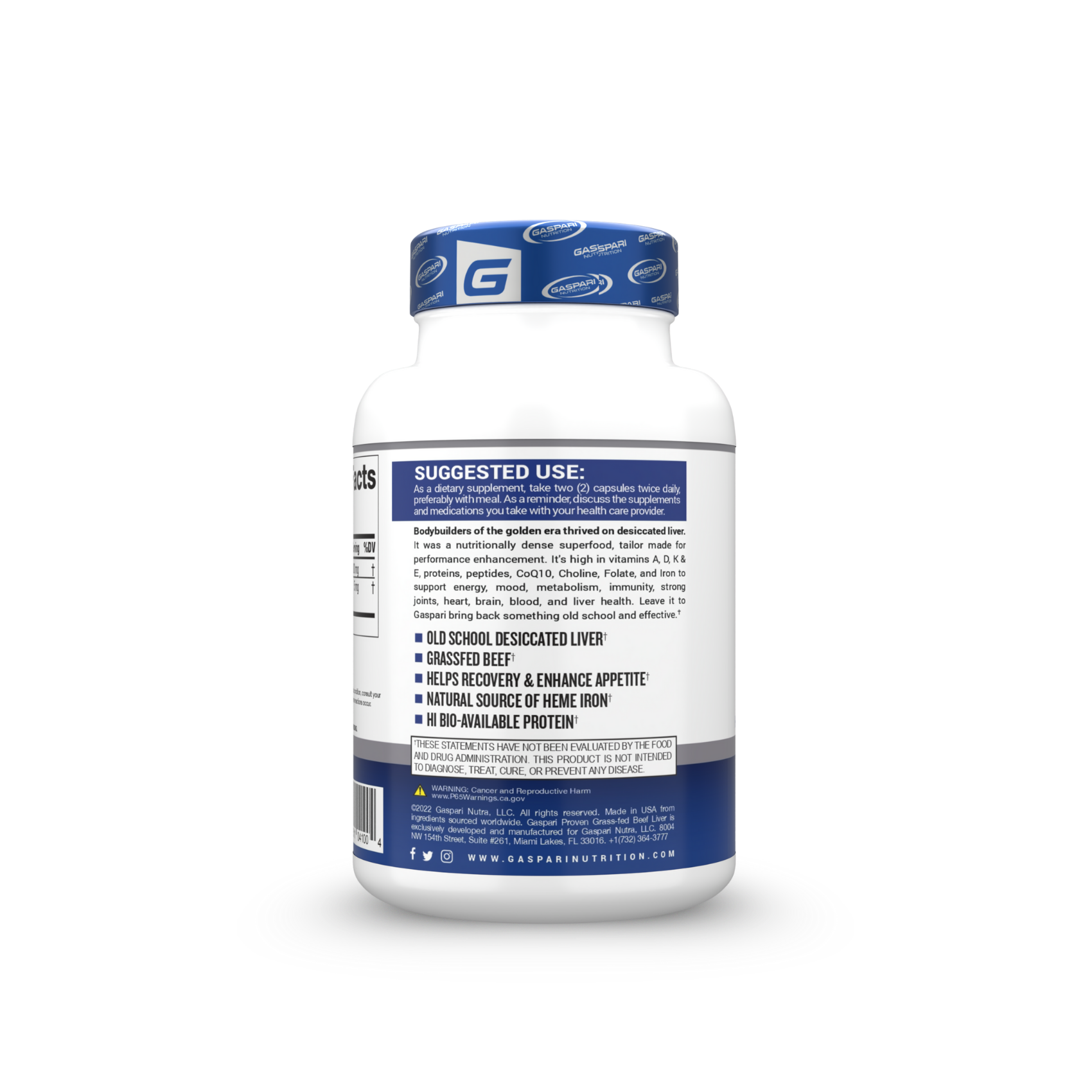As someone who personally hates wearing shoes and can’t wait to be free of them at the end of the day, I’m always surprised by what difference shoes can make in a workout. Sure, comfortable running shoes are excellent for well, running as well as a lot of sports. Cleats are excellent when you’re running on turf, and for backpacking, good hiking shoes or boots are good for your feet.
But it sounds kind of weird to think that special shoes could benefit you with something like weight lifting. As silly as it does sound, though, specialized weight lifting shoes can actually do wonders in a lot of ways. We’re going to learn about this today, but before we do, we need to understand something about weight lifting in general.
When you’re trying to do bodybuilding, and you’re practicing Olympic weight lifting, pose, posture, and stance are everything. This is because while your core and arms are doing the most immediate, the brunt of the workout, your whole body is going to be impacted by withstanding this weight and strain. Every muscle from your shoulders to your toes is going to flex, adjust, and feel the strain of this weight to some level.
The human body, even a toned body, is made of squishy stuff, stuff that gives into weight and gravity, trying for the path of least resistance. This usually is not too much of an issue, but it works against you when trying to build up via weight lifting.
Feet and ankles are also fragile things. Anyone who works on their feet all day will vouch for the special kind of exhaustion and pain that comes from it. They will also tell you how shoes with good arch support and proper sole padding can make a world of difference.
With weight lifting, taking on sometimes hundreds of pounds of sudden extra weight will put quite the strain on your ankles and your arches and heels. Wearing the wrong kind of shoe, or no shoes at all can result in foot fatigue or even gradual but severe injury to your feet on top of reducing the impact of your workout.
All of these problems are why properly-designed weightlifting shoes can be a true godsend most of the time. What exactly are they, and how do they work that makes them so special? Well, let’s
find out.
What Weightlifting Shoes are About
First of all, like any shoe, these aren’t going to magically transform you into Hercules. Weightlifting shoes don’t make you stronger, tougher, and suddenly unmatched in endurance.
What they do is provide proper support for your feet in the different stances of weight lifting, and reduce the impact of weight on your feet and ankles. Appropriate shoes will reduce your limitation in ankle movement (especially Achilles stretching). This will culminate in you being able, with work, to lift more weight as limitations you weren’t even aware of previously, are no longer in the picture.
Weightlifting shoes have an elevated heel, strong arch support, and good traction to allow you to stand correctly. They also align your leg muscles properly so you’ll feel less overall strain from the weight. This can indirectly improve your endurance and allow you to hold more weight for more extended periods. You can take advantage of this for better form and technique, and achieve longer reps or more reps in your routine.
The proper stance and support this enables can actually reduce overall fatigue. The human body’s various complexities are very interrelated; thus, the butterfly effect is strong here.
Who Needs Them?
If you’re trying for a balanced, general workout that involves some heavy weight lifting, though weightlifting and bodybuilding are not a central focus, you probably don’t need weightlifting shoes. You’ll be fine with running shoes, tennis shoes, or various forms of gym shoes on the market. This is because your weightlifting is but a small part of a varied workout routine.
However, if bodybuilding and advanced weightlifting are primary goals, then appropriate shoes are definitely something that should be part of your repertoire moving forward. You may be skeptical, but if you try a budget pair and see improvement, you’ll be eager to get a nicer, more effective pair.
When Do I Need Them?
Weightlifting shoes are just that – shoes to wear when doing weight lifting. You can walk around casually in them, sure, but you shouldn’t. You definitely shouldn’t jog, run nor play sports in these shoes. You will find them becoming somewhat painful or at least uncomfortable if you wear them casually like you would tennis shoes or sneakers.
These are a very incidental form of shoes only to be worn when performing weight lifting. You may find it frustrating to change your shoes during a workout, of course. Thankfully, most high-end weightlifting shoes are designed to slip on fairly easily, fit comfortably, and even look quite stylish.
Dangers
Podiatrists have been quick to point out that specialized support shoes like these can have their drawbacks for some users. Those with flat feet, for example, may find the raised heel and arch support painful. Anyone suffering from heel spurs will also possibly find that elevated heel painful. Standing, in general, can be quite unpleasant where heel spurs are involved.
Finally, people with ankle or leg joint issues may need to wear ankle or knee braces with weightlifting shoes. The flexibility these shoes bring, while beneficial for most, can result in problems in those special cases.
So, no shoe is going to magic you into being a pro athlete, despite what some shoe advertisements historically have implied (Air Jordans anyone?). However, the proper support for the proper activities is of genuine importance after all. If you want to do Olympic weight lifting, then you’re going to be glad you bought some weightlifting shoes.
To learn more about how such simple things can so significantly impact a workout, follow us on Facebook today!
The post Can Weight Lifting Shoes Make A Difference In Training? appeared first on Gaspari Nutrition.























































































Share:
Building A Bigger Back In 2025
What Workout Burns The Most Calories?